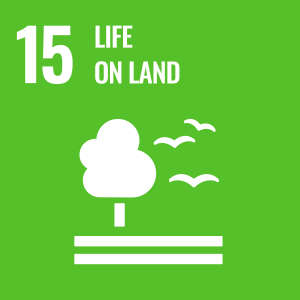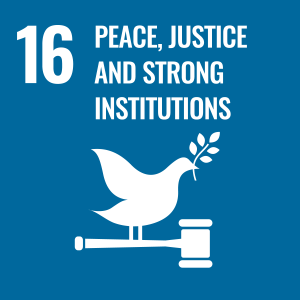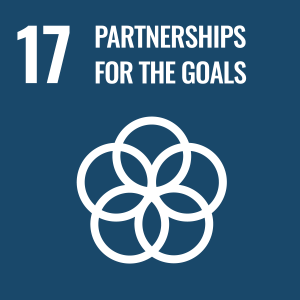Forced ‘return to office’ initiatives could deepen regional divides across Europe
When remote work is supported well, it can raise job satisfaction, reduce commuting stress and give people meaningful control over their work life balance. However, the recent drive by some organisations to bring staff back into offices risks reversing these gains and widening the gap between regions, according to a new study that University of Surrey researchers contributed to as part of the R-Map project.

A new study, published in Nature’s Scientific Data, details how access to reliable internet, local services, green space and community facilities can determine whether remote work improves quality of life or deepens inequalities. The research is based on a survey of more than 20,000 workers from across Europe and explores how remote work is influencing relocation patterns, wellbeing, job satisfaction, productivity, travel behaviour and the pull between urban and rural living.
The study gathered responses from people living and working remotely in Europe through a large, structured survey. Participants were asked about their preferences, experiences and the practical realities of working away from a traditional office. The survey was distributed across multiple languages and included workers in both rural and urban environments.
The study highlighted that remote work, either fully or partly i.e. hybrid work, is often associated with higher job satisfaction and a stronger sense of personal autonomy, particularly because people can choose where and when they work. This can support better work life balance, reduce commuting stress and create more space for family time or personal priorities.
However, where remote work is discouraged or unsupported workers may lose these benefits. Returning to a daily commute or living far from their workplace can limit choice, increase strain and reduce the positive local impact remote work can bring to smaller towns and rural communities.
The R-Map findings suggest that remote work can revitalise some rural or suburban areas, especially when people are able to move away from expensive city centres in search of more space, affordability or proximity to nature.
However, the benefits are not shared equally. The study shows that access to everyday amenities such as green spaces, grocery shops, healthcare and public transport within a short walking distance plays a key role in whether remote work feels sustainable and supportive of wellbeing. Where these amenities are lacking, and where digital connectivity is weak, remote workers were more likely to report feelings of isolation and difficulty maintaining work life balance. In contrast, participants with reliable internet and access to local services reported greater satisfaction with remote work and stronger ties to their communities.
[ENDS]
Note to editors:
- For media enquiries and interview enquiries, please contact: mediarelations@surrey.ac.uk
- The full study has been published in Nature’s Scientific Data
Related sustainable development goals







Featured Academics
Media Contacts
External Communications and PR team
Phone: +44 (0)1483 684380 / 688914 / 684378
Email: mediarelations@surrey.ac.uk
Out of hours: +44 (0)7773 479911

